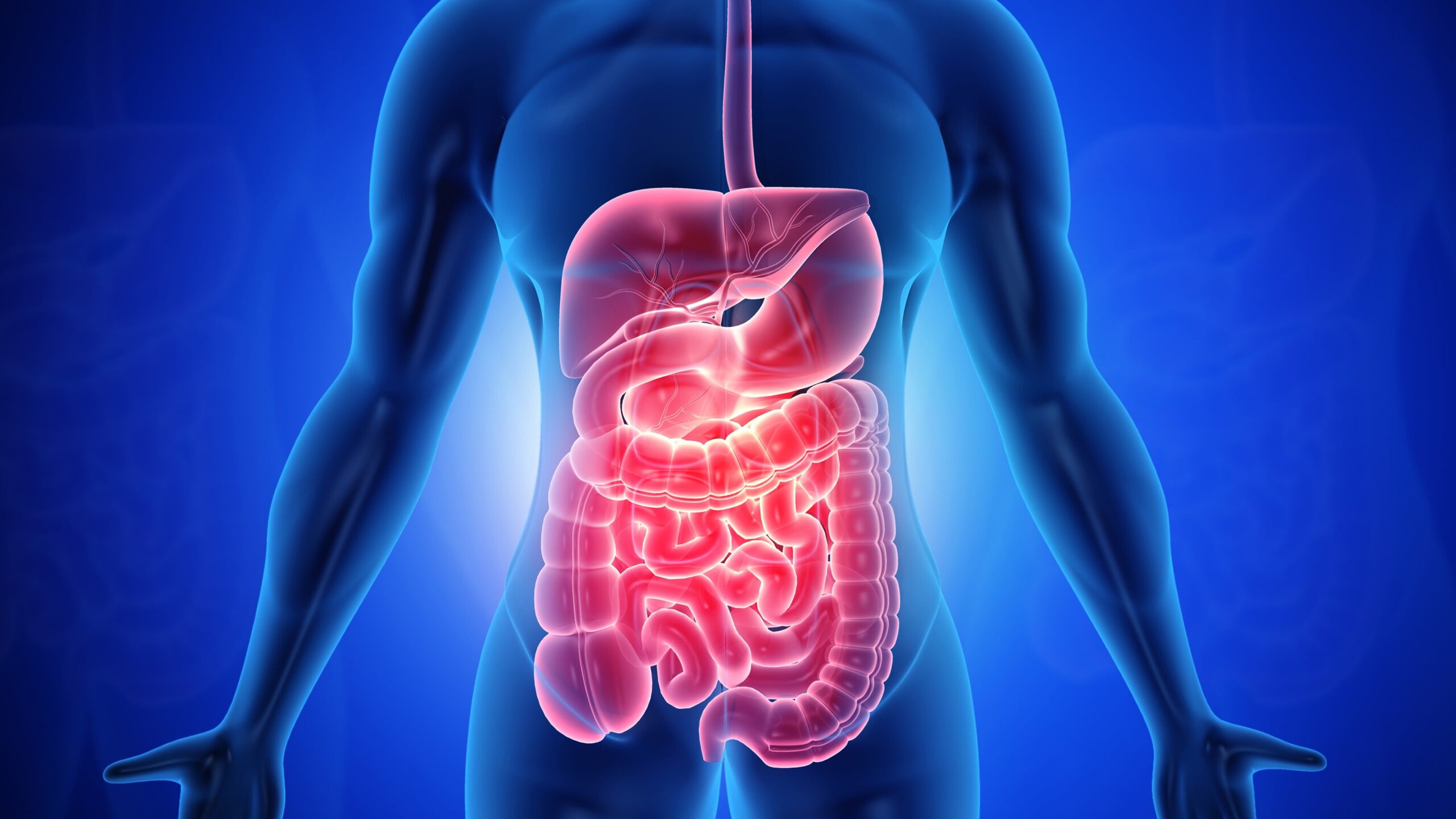
Iron deficiency anemia was associated with subsequent diagnosis of gastrointestinal (GI) cancers, particularly for colorectal cancer (CRC) and in men and people over 80 years of age, according to a database analysis of adult patients in Germany, published in the Journal of Cancer Research and Clinical Oncology.
While the study supports growing evidence of this association, “the extent to which this association is due to GI bleeding or other pathophysiological processes that may be caused by [iron deficiency anemia] requires further investigation, particularly experimental studies,” wrote co-lead authors, Sarah Krieg, MD, and Sven Loosen, MD, from the Heinrich Heine University Duesseldorf in Germany.
Researchers reviewed patients diagnosed with iron deficiency anemia between January 2005 and December 2021 for first diagnosis of stomach cancer or CRC up to 10 years after indexing. Overall, the study enrolled 122,502 patients with IDA and compared them with 122,502 propensity score-adjusted patients without IDA.
The 10-year cumulative incidence of CRC was 1.4% in patients with IDA versus 0.8% in patients without IDA (P<.001). The authors’ regression analysis showed a significant association between IDA and subsequent CRC (hazard ratio [HR], 2.05; 95% CI, 1.83-2.30).
Additionally, the incidence of stomach cancer in the iron deficiency anemia group was 0.3% compared with 0.2% in the control group (P=.002); however, the investigators noted the association between iron deficiency anemia and stomach cancer was only significant in patients that were male (HR, 1.90; 95% 1.38-2.61) and over 80 years of age (HR, 2.73; 95% CI, 1.60-4.67).
In closing, “further investigation of this relationship, particularly to clarify a possible underlying immunological cause of this relationship, in RCTs, especially at the experimental level, should be considered,” Drs. Krieg and Loosen suggested.
Reference
Krieg S, Loosen S, Krieg A, et al. Association between iron deficiency anemia and subsequent stomach and colorectal cancer diagnosis in Germany. J Cancer Res Clin Oncol. 2024;150(2):53. Published 2024 Jan 30. doi:10.1007/s00432-023-05534-z

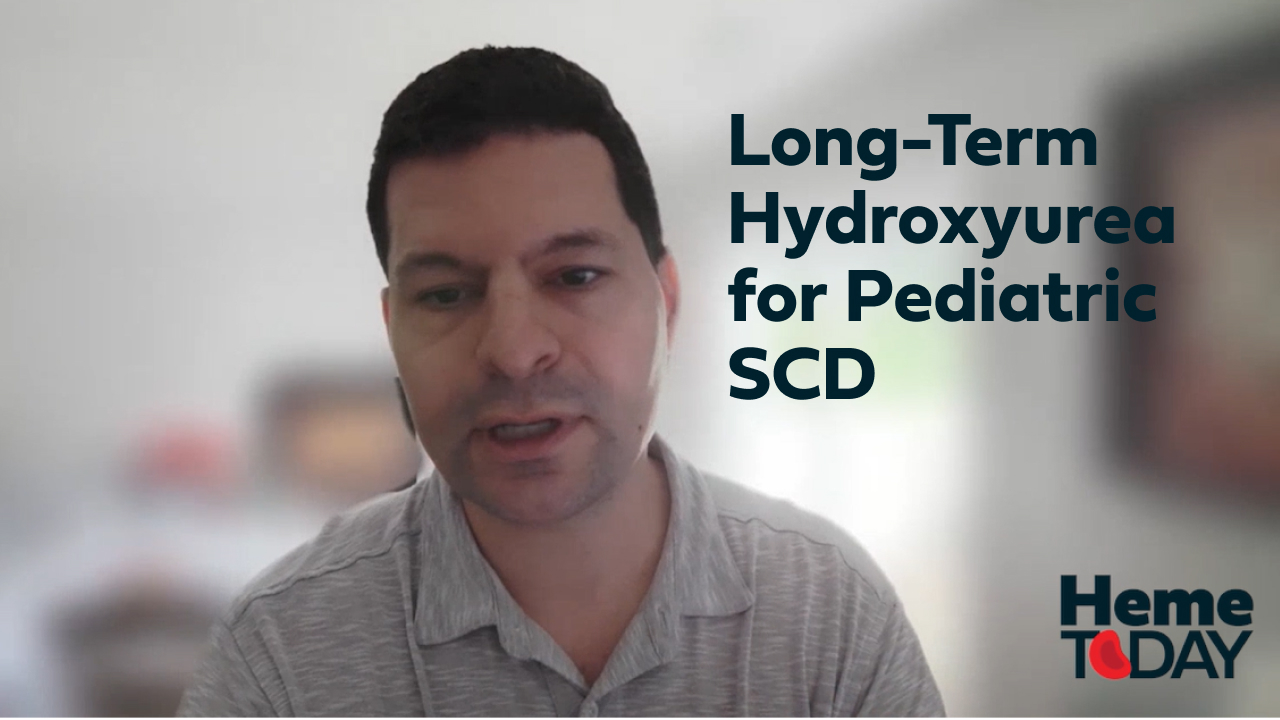
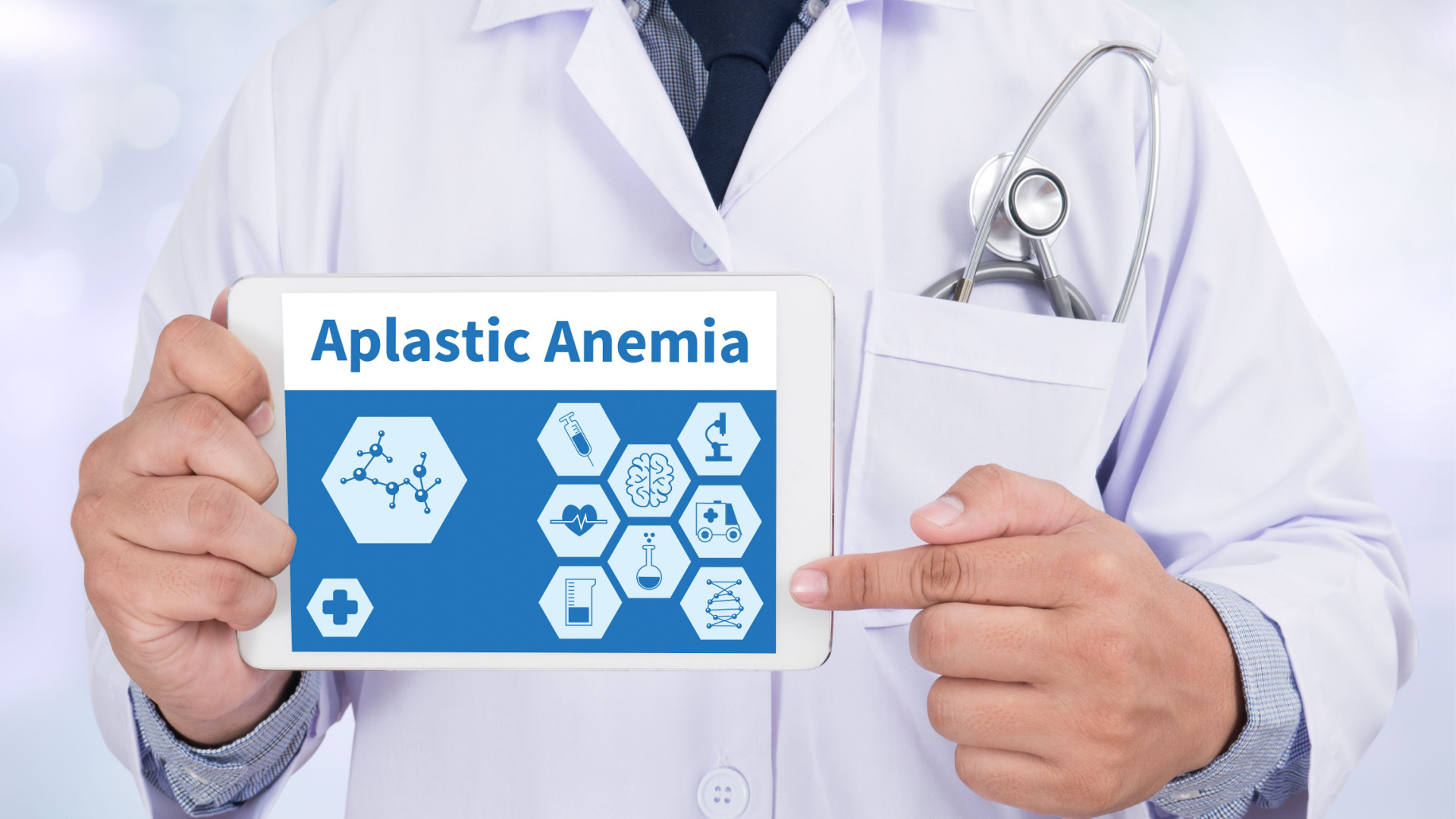
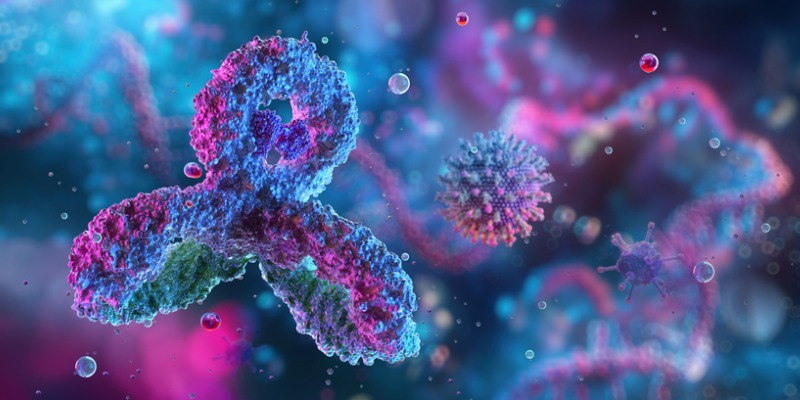
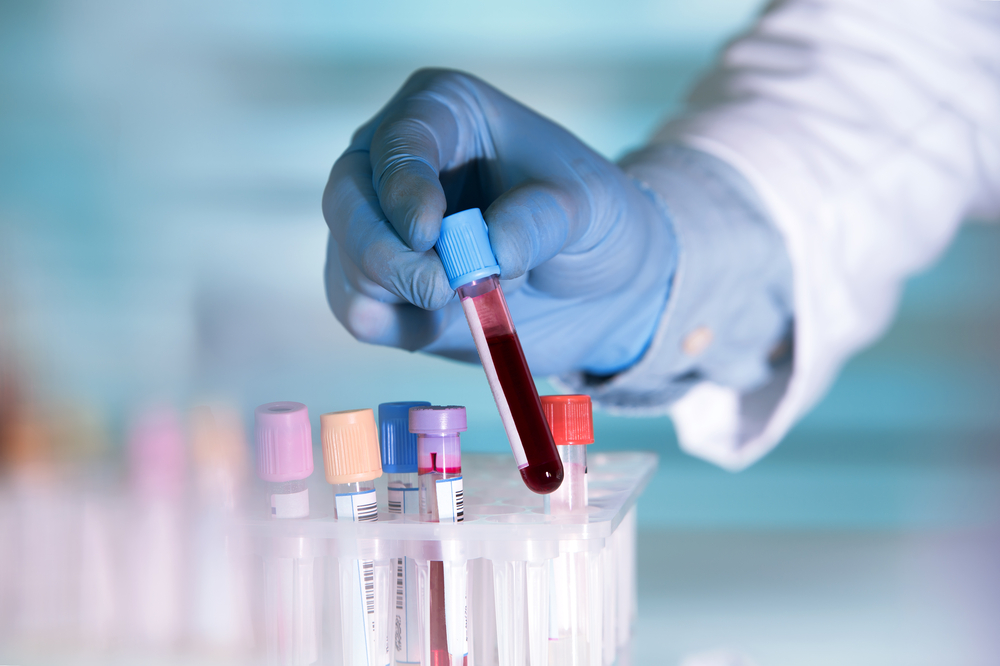


 © 2025 Mashup Media, LLC, a Formedics Property. All Rights Reserved.
© 2025 Mashup Media, LLC, a Formedics Property. All Rights Reserved.